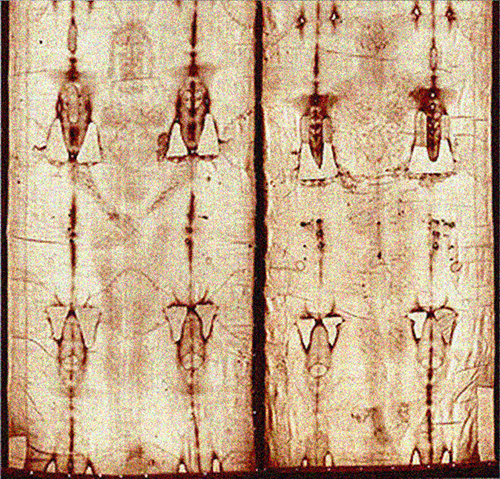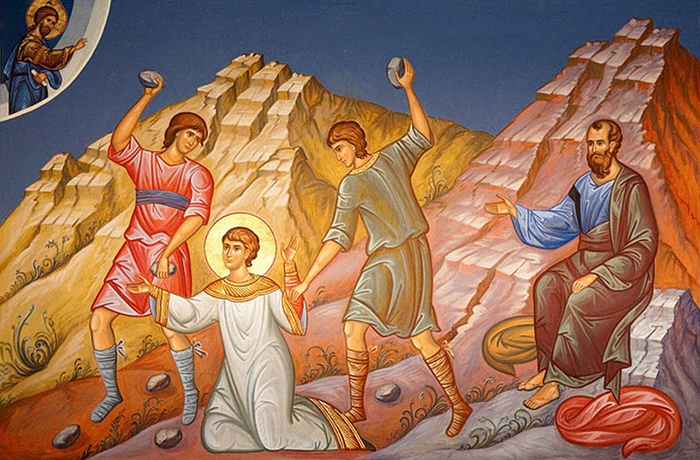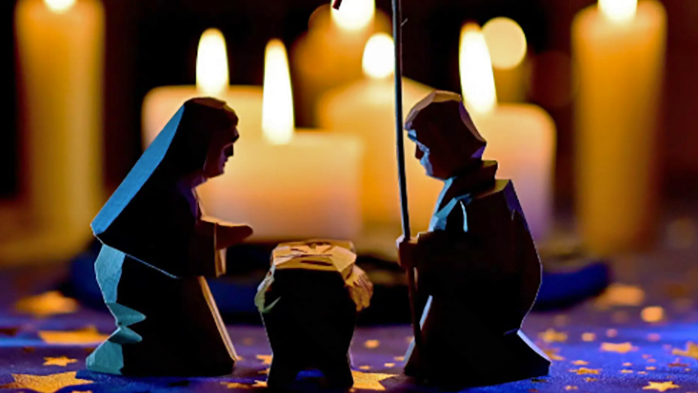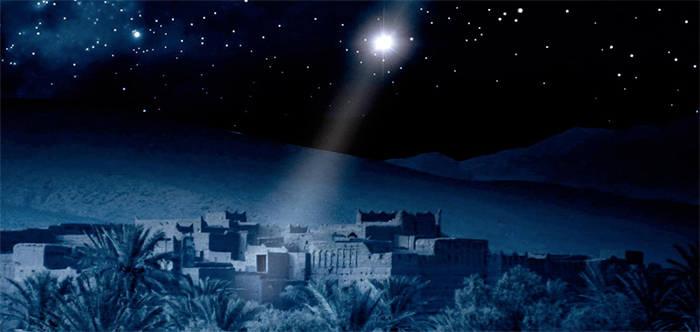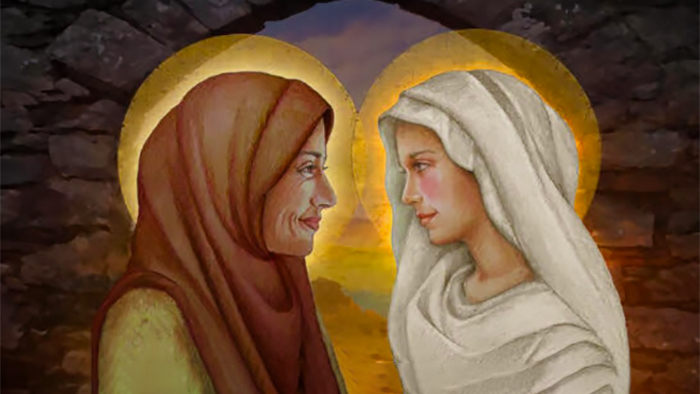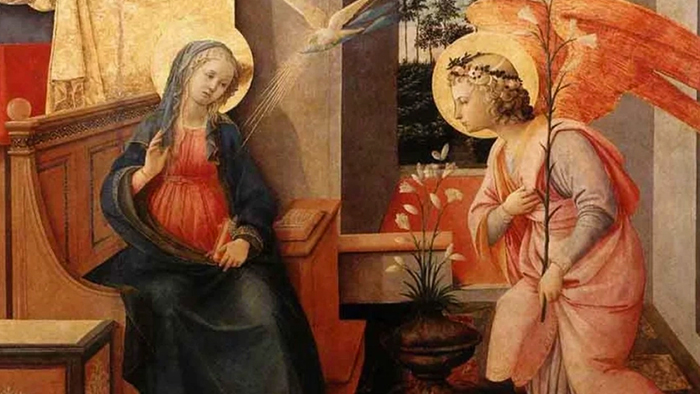
Inside of God there is a kind of family life going on and Jesus has assured us that when we give and receive from each other within a family, when we break open our lives and hearts and joys and frustrations and egos and agendas and finances and share these with each other, we are letting the life of God flow through us and we are giving skin to the inner life of the Trinity. In that sense, family life is a sacrament and, for many of us, the most important sacrament of all because it is the one that in fact touches our lives and transforms us the most deeply. To say that family life is a sacrament is not to say that it will not be fraught with pettiness, frustration, anger, jealousies, selfish concern, pathology, and even at times real sin. Our families are never the holy family! I remember my mother, a truly pious and good woman, occasionally lamenting how in her idealism she dreamed of being the mother of the holy family—and she ended up getting stuck with us! Our families are never the romanticized stuff of our adolescent or pious dreams. Nor are they ever the idealized families of literature and movies, where people are still attractive, interesting, and worthy of our understanding and sympathy even when they are petty, selfish, jealous, unfaithful, and sinful. As we know, understanding and sympathy in the midst of the muck and grime of real family life is considerably harder to crank up. All of that notwithstanding, however, unless there is present the kind of abuse that violates the soul, family life remains a sacrament—sometimes indeed because of its imperfections rather than simply in spite of them. It is in forming hearts that are big enough to love and forgive within imperfection that we ready ourselves for heaven. For many of us, coming home from the hospital to join a family will be our first baptism, our family dwelling will be our primary church, our family table our primary place of Eucharist, our living room our first sanctuary, our marriage bed our deepest experience of Eucharist, and our reconciliation with each other after the pettiness and hurts of family life our ongoing sacrament of reconciliation. It is there that the flow of the life that originates within God, and finds its perfection there, will flow through us.


